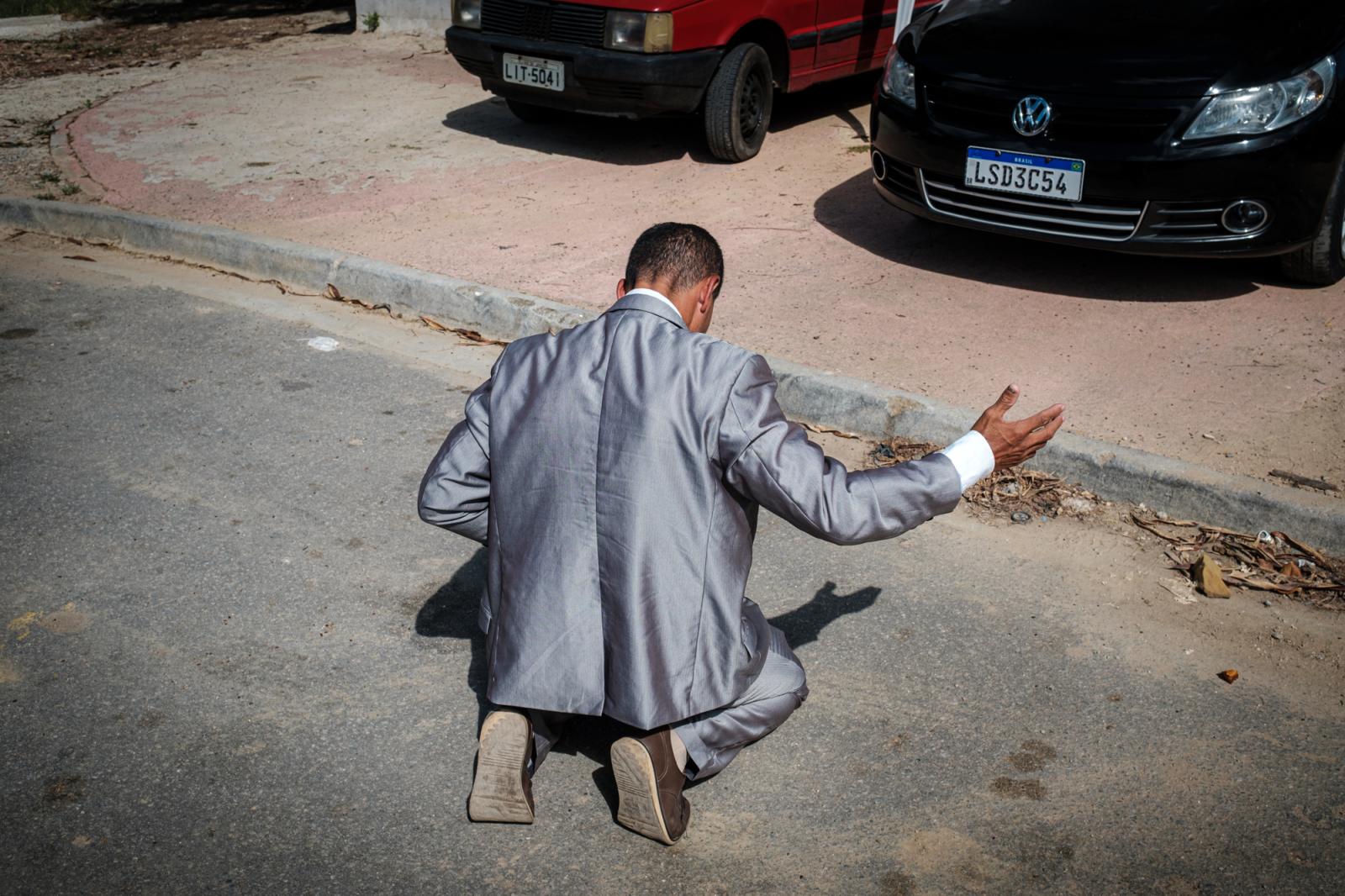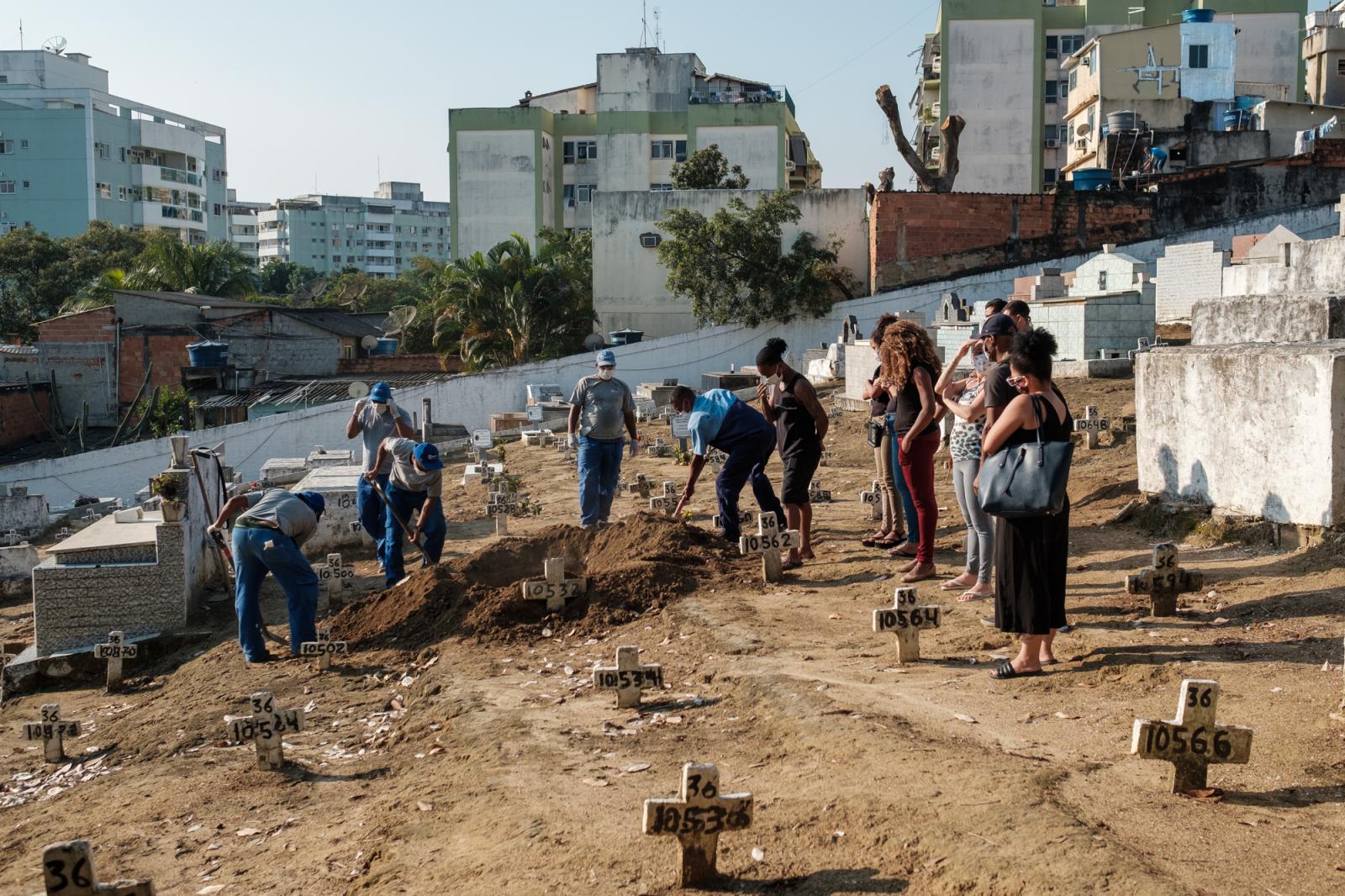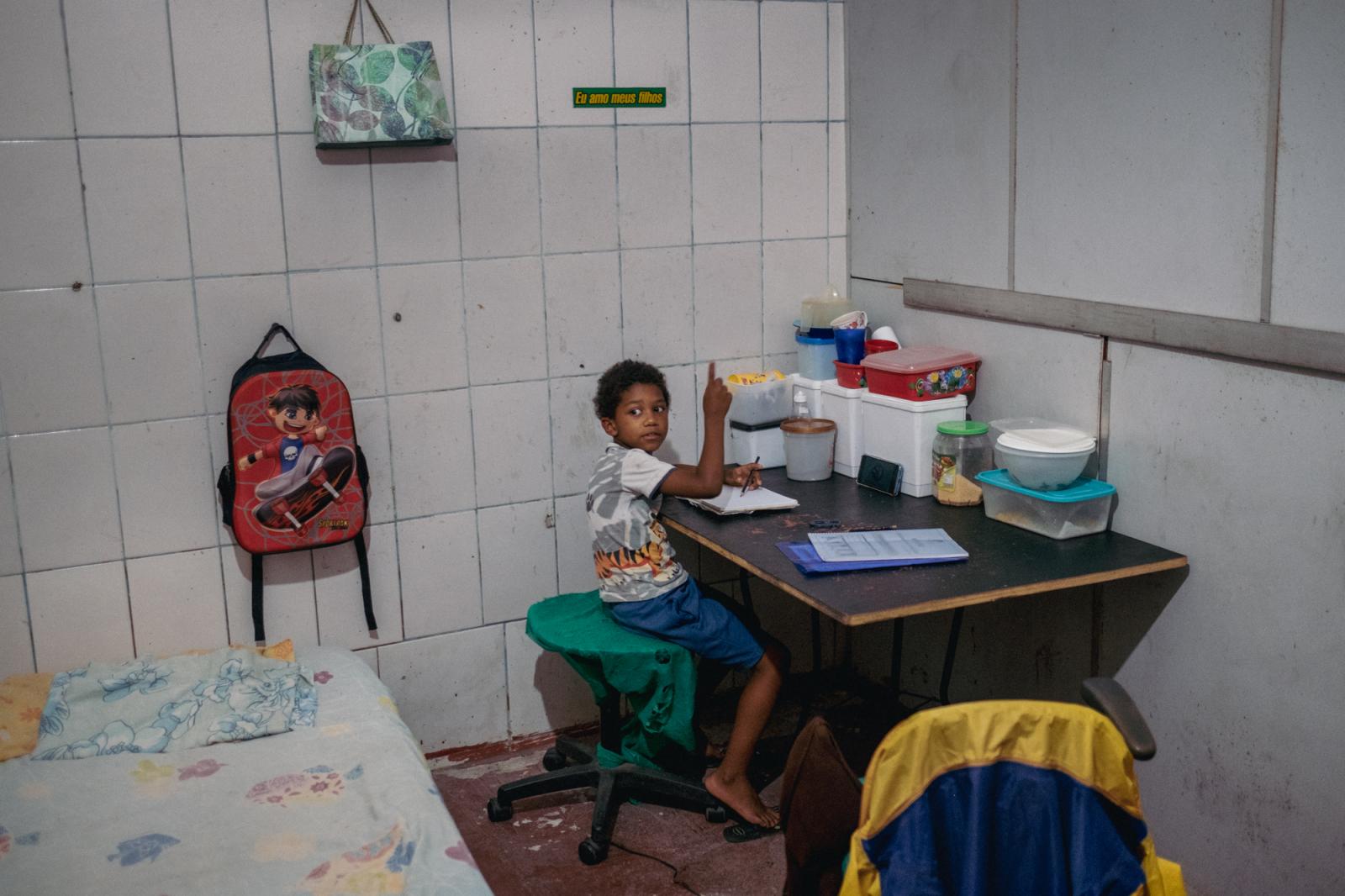Public Project
Nós por Nós
Summary
While the deaths alone are an immense tragedy, the pandemic’s socio-economic ripple effects – like the virus itself – disproportionately affect the poor and working class. As the face of Brazil – with its incredible beauty, vibrant culture as well as its brutal inequality, corruption and violence – Rio de Janeiro demonstrates the hardships endured by Brazil’s urban poor and working classes as well as their resilience, resistance and sense of solidarity.
While the deaths alone are an immense tragedy, the pandemic’s socio-economic ripple effects, like the virus itself, disproportionately affect the poor and working class. Communities already suffering from a lack of access to quality social services like healthcare, education and public safety have seen the situation deteriorate under Bolsonaro and a rightwing state government. Hunger has returned, many can't afford rent or even utility bills from newly privatized services. A mental health crisis has formed, especially among the elderly and young who were isolated or were kept away from school during the pandemic, often the only place children received a guaranteed meal.
With its incredible beauty, vibrant culture as well as its brutal inequality, corruption and violence, Rio de Janeiro demonstrates the hardships endured by Brazil’s urban poor and working classes as well as their resilience, resistance and sense of solidarity. Through this lens it becomes clear how throughout the crisis, in the absence of an effective State presence, marginalized communities are forced to rely on each other in order to survive. This sentiment is expressed simply in the phrase “nós por nós”: us for our own.
Part of a multi-year documentary project on Rio de Janeiro from post-Olympics to Bolsonaro.
Read more
6,079





















